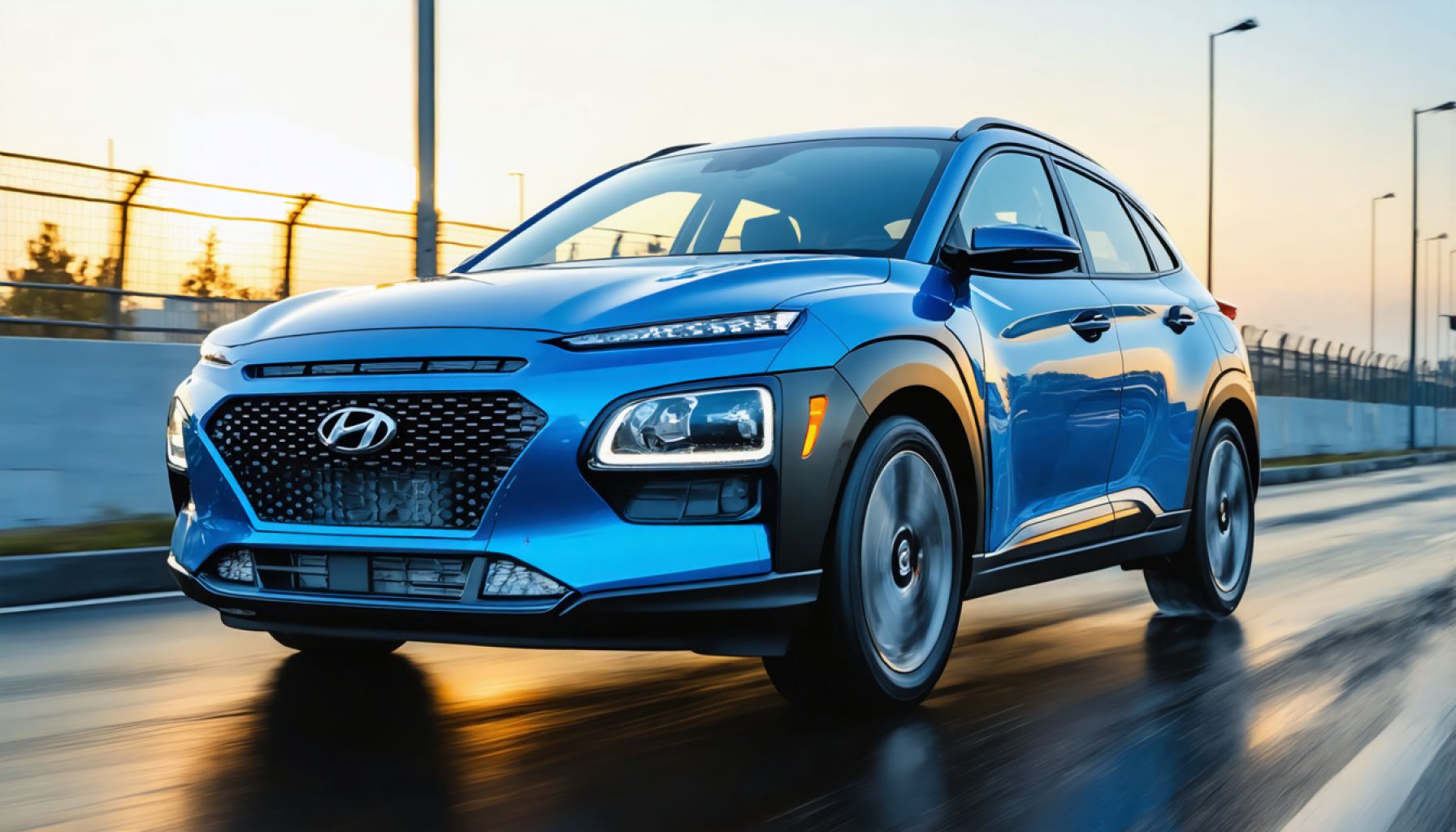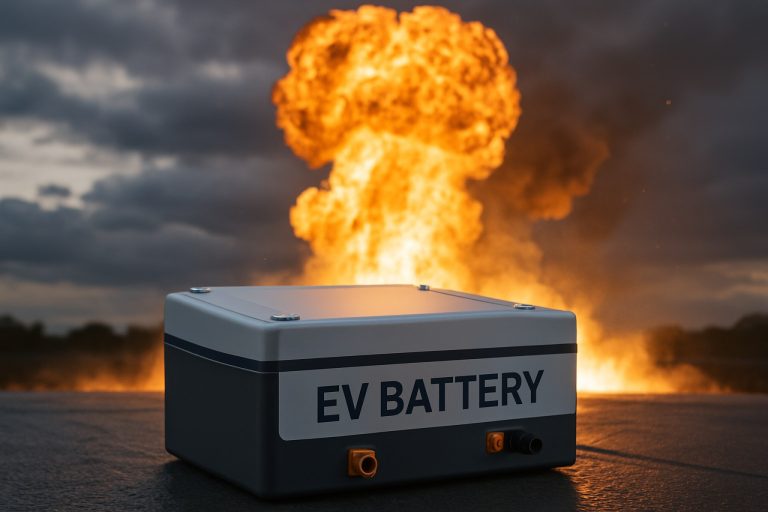
- Hyundai’s Ioniq series, including the 2024 Ioniq 5 and Ioniq 6, offers a shift towards electric vehicles with improved convenience and sustainability.
- Hyundai introduces a complimentary ChargePoint program, offering a free home EV charger or a $400 charging credit to new eligible buyers of their vehicles.
- This initiative helps eliminate charging concerns and supports EV adoption by offering more accessible and cost-effective solutions.
- Electric vehicles, including Hyundai’s offerings, feature reduced environmental footprints, contributing to a cleaner future.
- Hyundai’s program aligns with federal incentives, providing significant savings on EV chargers and vehicle purchases.
- The ChargePoint initiative underscores Hyundai’s commitment to innovation, sustainability, and a transformative automotive experience.
- Buyers are invited to engage in a movement toward sustainable transportation, as emphasized by Hyundai’s leadership.
- The initiative represents a key step in redefining the morning commute with a future-focused mindset.
Beneath the sleek surface of Hyundai’s latest Ioniq series lies a promise of convenience and sustainability, now electrified by an enticing program designed to make the leap to electric vehicles (EVs) not just a dream, but an imminent reality. With the release of the 2024 Ioniq 5 and Ioniq 6, and looking forward to the 2025 Ioniq 6, Hyundai is revamping more than just automobiles; it’s reimagining the entire driving experience by addressing one of the most significant concerns of potential EV owners—charging accessibility.
In a move that underscores Hyundai’s commitment to an electrified future, the brand now offers a complimentary ChargePoint program to new eligible buyers. This program invites drivers to choose between receiving a free ChargePoint Home EV charger or a $400 charging credit, a decision to be made within 60 days of purchasing or leasing their Hyundai vehicle. Subsequently, owners have another two months to finalize the installation, for which Hyundai Home offers an assisting hand.
This initiative is more than a promotional gimmick; it reflects a strategic effort to dismantle barriers hindering EV adoption. Many prospective EV owners cite the availability and cost of charging infrastructure as major deterrents. By easing these concerns, Hyundai not only enhances the Ioniq’s appeal but also strengthens the foothold of electric vehicles in a market poised for an eco-friendly transition.
Electric cars, celebrated for their absence of tailpipe emissions, promise significantly reduced environmental footprints when juxtaposed with their fossil-fueled forebears. While their production and resource extraction do pose challenges, the lifetime impact of an electric car trumps the cumulative pollution of gas-powered vehicles.
By extending its ChargePoint program, Hyundai empowers drivers with the convenience of home charging or the flexibility of a mobile app-based credit, aligning seamlessly with federal incentives like the Inflation Reduction Act. This act offers substantial savings: $1,000 off at-home EV chargers or up to $7,500 off the purchase of an electric vehicle.
Hyundai’s brave step into a cleaner, quieter automotive future resonates with a broader vision; a vision championed by industry leaders like Olabisi Boyle, Hyundai North America’s Senior Vice President of Product Planning and Mobility Strategy. Her vision is comprehensive, addressing not just the automotive technology but the lifestyle shift that accompanies EV ownership.
As you take to the road encased in the silent promise of Hyundai’s Ioniq, you’re not just engaging with state-of-the-art automotive technology; you’re participating in a movement. A movement that challenges conventional norms of transportation and nudges the planet closer to a sustainable horizon.
New thinking and cleaner possibilities become tangible with Hyundai’s bold ChargePoint initiative, making “waking up to a fully charged vehicle” more than a tagline—it’s an integral part of a journey towards a renewed relationship with our planet. This electrifying opportunity urges you to reconsider what your morning commute could mean for the future.
Why Hyundai’s ChargePoint Initiative is a Game-Changer for Electric Vehicles
Expanding the Electric Horizon: Additional Insights
Hyundai’s integration of the ChargePoint program signifies a paradigm shift in the electric vehicle (EV) landscape. It addresses the pivotal challenge—charging infrastructure—that often deters potential EV owners. As Hyundai launches the 2024 Ioniq 5 and Ioniq 6, and anticipates the 2025 Ioniq 6, this initiative underscores the brand’s commitment to a sustainable and electrified future.
Key Features of the ChargePoint Program
– Complimentary Charging Options: Eligible Hyundai Ioniq buyers can choose between a free ChargePoint Home EV Charger or a $400 credit for charging, which alleviates initial infrastructure costs.
– Installation Assistance: Hyundai Home offers help in installing the charger, simplifying the transition to an electric lifestyle.
Real-World Use Cases and Market Impact
Enhancing Urban and Suburban Commutes: The availability of home chargers drastically reduces dependence on external charging stations, making daily commutes smoother for city dwellers and suburban residents alike.
Boosting EV Adoption Rates: Initiatives like Hyundai’s could potentially increase EV sales by addressing consumer hesitations around charging, thus gaining a competitive edge over traditional vehicles.
Industry Trends and Future Predictions
– Growing Investment in Charging Infrastructure: As more automakers join the EV wave, investments in charging solutions are expected to soar, driven in part by government initiatives like the Inflation Reduction Act.
– Global Shift Towards Electrification: The automotive industry is increasingly moving towards electric solutions, with predictions that electric vehicles could dominate global sales by 2040 (source: BloombergNEF).
Pros and Cons Overview
Pros:
– Reduced Environmental Impact: Electric vehicles offer a significant reduction in lifetime emissions compared to fossil-fueled vehicles.
– Financial Incentives: Federal rebates can make EVs more affordable, encouraging broader consumer adoption.
Cons:
– Production Challenges: The extraction of resources for battery production remains a significant hurdle.
– Charging Availability: Despite initiatives, charging infrastructure still lags in certain regions.
How-To: Maximize Your EV Experience
1. Evaluate Your Charging Needs: Determine how often you’ll need to charge at home versus on the road.
2. Utilize Federal Incentives: Leverage government rebates and tax credits to reduce the cost of installation and vehicle purchase.
3. Stay Informed: Keep abreast of technological advancements and local incentives that can enhance your EV experience.
Security and Sustainability
As Hyundai paves the way for a cleaner future, sustainability extends beyond emission reductions. The company is exploring eco-friendly production processes and battery recycling options to further minimize the environmental footprint of its vehicles.
Conclusion
Hyundai’s ChargePoint initiative not only signifies a technological advancement but also a cultural metamorphosis in how we perceive transportation. By eliminating key barriers to EV adoption, Hyundai is propelling society towards a greener, more sustainable future.
Quick Tips for Potential EV Buyers
– Research Local and Federal Incentives: These can drastically reduce your initial costs.
– Plan Charging Solutions Prior to Purchase: Assess your home infrastructure to ensure compatibility with EV charging needs.
– Stay Updated on EV Market Changes: Follow industry news to maximize opportunities and benefits.
For more information on Hyundai and its wide range of initiatives, visit Hyundai.



